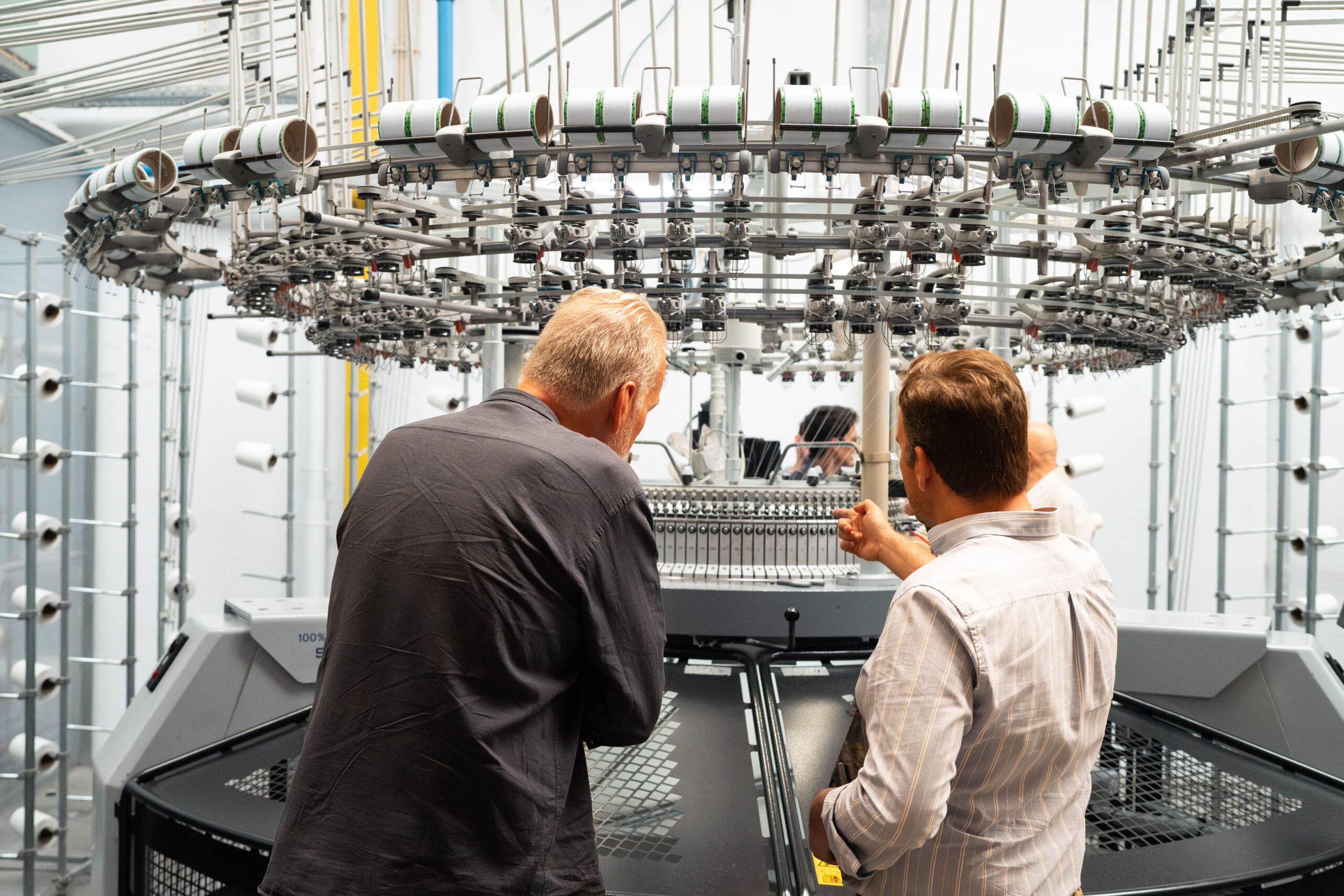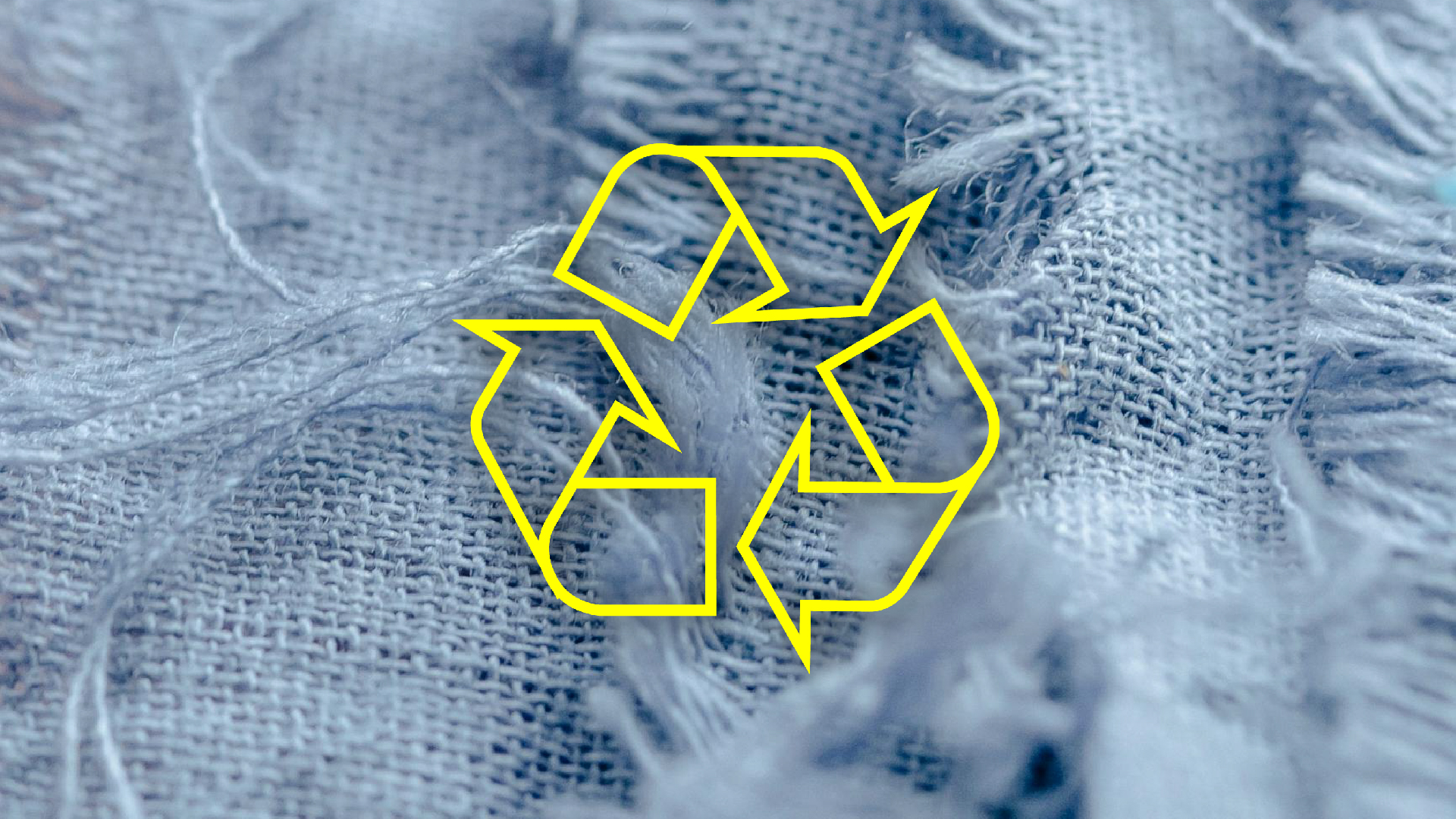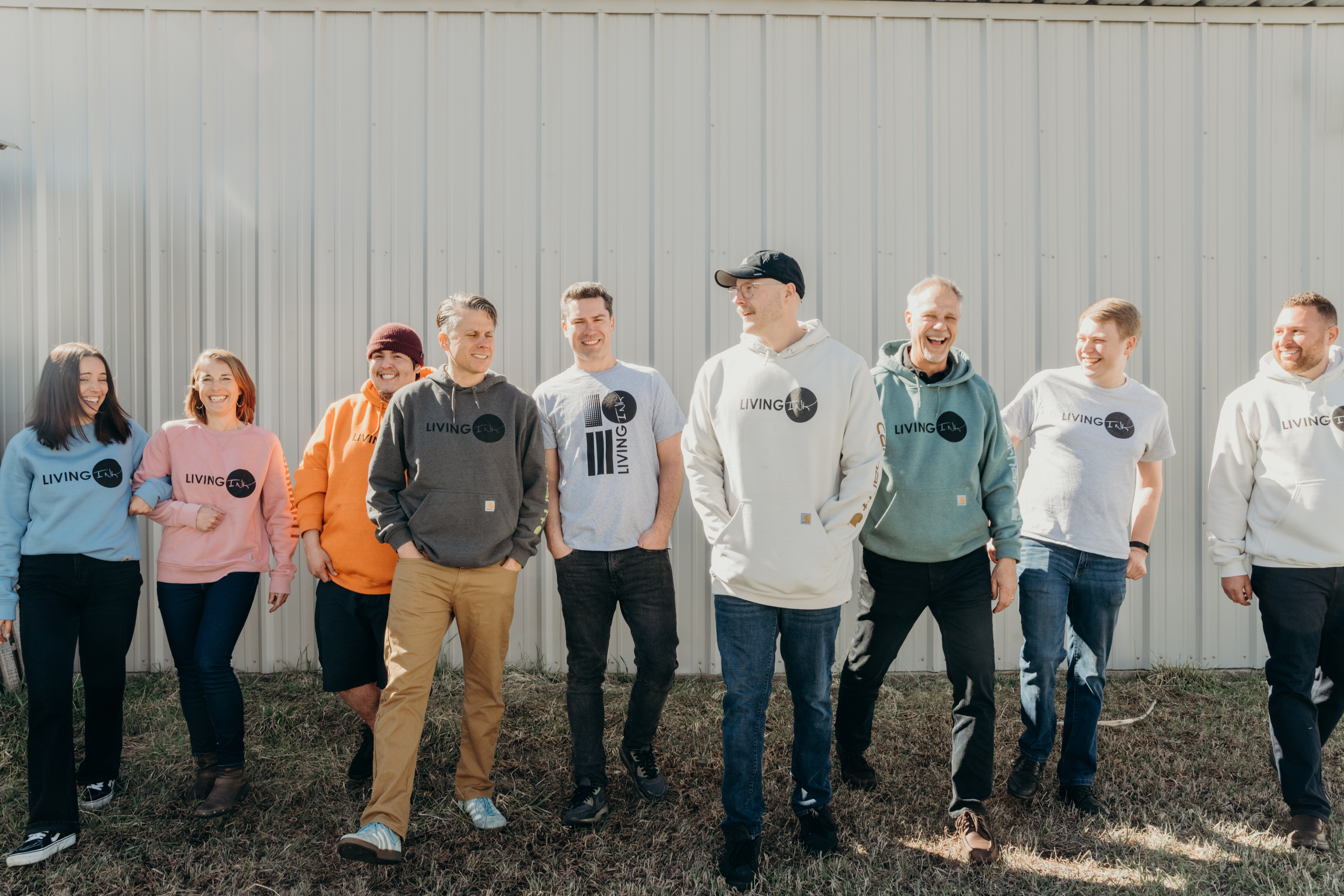Fashion for Good invites Worn Again to its Scaling Programme
16 November 2017
AMSTERDAM– Fashion for Good, a global initiative to make all fashion good, and Worn Again, the London-based textile chemical recycling company, jointly announce today that they will be collaborating through Fashion for Good’s Scaling Programme to facilitate change that is accessible, affordable and attractive for all. This collaboration demonstrates a shared commitment between Worn Again and Fashion for Good to fast-track sustainable innovation within the apparel supply chain.
Fashion for Good, an initiative launched with an initial grant by founding partner C&A Foundation, convenes brands, producers, retailers, suppliers, non-profit organisations, innovators and funders united in their shared ambition to reimagine the way fashion is designed, made, worn and reused. Its Scaling Programme helps companies scale by offering bespoke support and access to expertise, customers and capital. Fashion for Good hand-selected Worn Again from an extensive list of innovators driving for a more sustainable and circular textiles sector. Worn Again joins a list of companies that includes TamiCare Ltd, SoftWear Automation and ColorZen.
Worn Again has developed a trail-blazing textile to textile recycling technology that can separate and recapture polyester (PET) and cellulose from cotton from discarded non-rewearable textiles to produce virgin-equivalent, cost-competitive polyester and cellulosic raw materials. These materials can then go back into the supply chain as part of a continual, circular manufacturing process.
“Transitioning the industry from a linear model to ‘circular’, where textile raw materials are recycled indefinitely, will take more than just technology,” said Cyndi Rhoades, Worn Again Founder and CEO. “Industry conveners with a visionary and bird’s eye view of the entire system of production and consumption are a must. Fashion for Good certainly has the vision, the team and the passion to play a major role in this movement. We are delighted to have been selected as an innovator in Fashion for Good’s Scaling Programme.”
As a Scaling Programme participant, Worn Again gains access to a network of business advisors and industry experts, enabling it to accelerate the development and future adoption of its revolutionary textile recycling technology.
For media images, please click here.
About Worn Again
Worn Again has developed a chemical recycling technology that can separate and recapture polyester (PET) and cellulose from cotton from non-rewearable textiles to produce virgin equivalent, cost competitive polyester and cellulosic raw materials to be reintroduced into the supply chain as part of a continual process. Old clothes and textiles are collected, processed via Worn Again’s process and then made back into new yarn, textiles and clothes. The cycle can repeat again and again, eliminating the need to exploit virgin resources. Worn Again’s process is unique in that it can deal with both pure and blended textiles. www.worngain.co.uk
Mel Knudsen
mel@wornagain.co.uk
Social media
Twitter: @FashionforGood @WornAgainUK
Instagram: @FashionforGood @WornAgainUK
LinkedIn: Fashion for Good Worn Again
Other Articles

In conversation with Smartex: Explore Smartex’s AI-driven solutions transforming quality control and reducing waste

Fashion for Good and Textile Exchange Team Up to Trace Textile Waste

